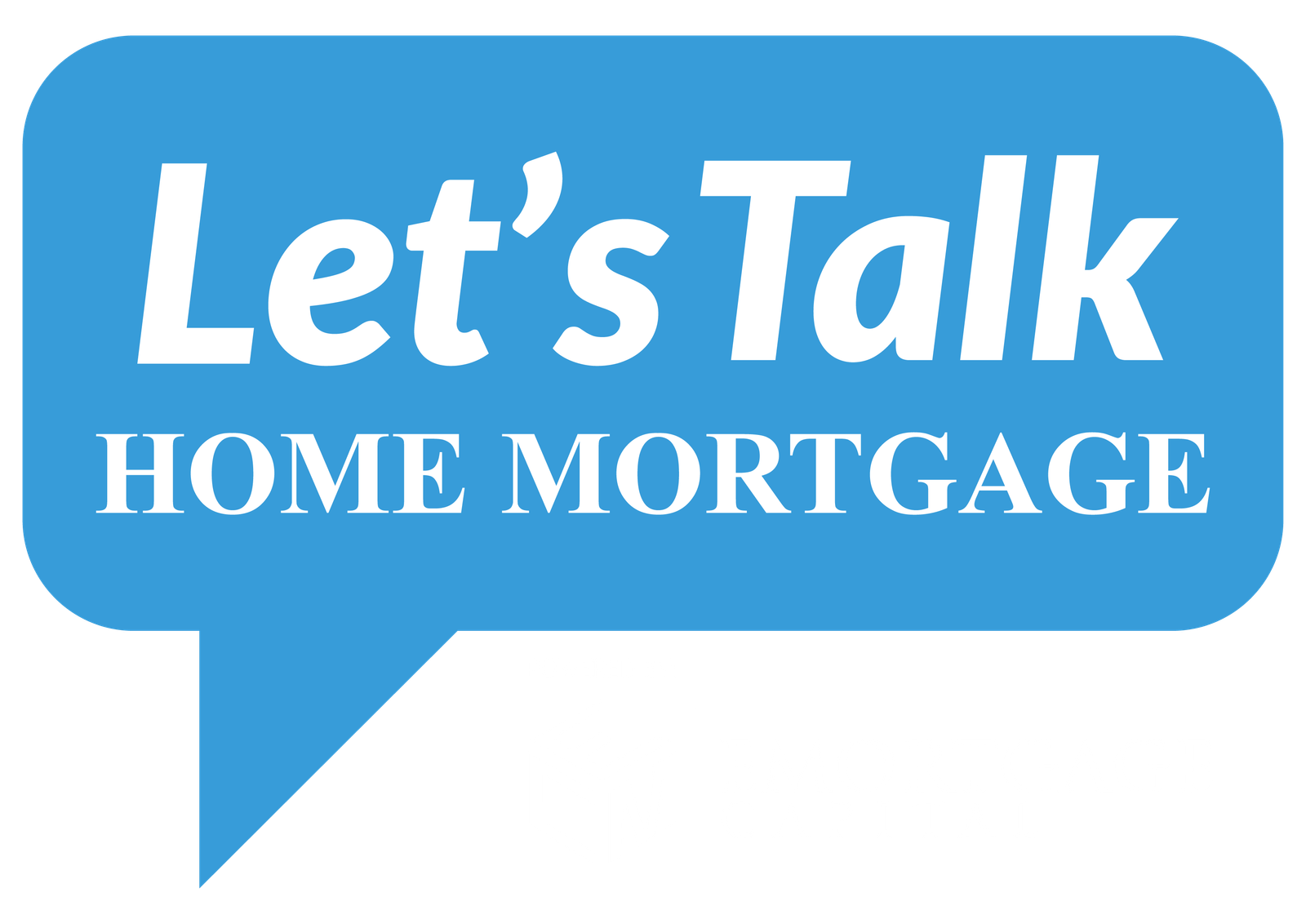Top 20 Purchase Mortgage Questions and Answers
1. What is a Purchase Mortgage?
A purchase mortgage is a loan used to buy real estate. Unlike refinancing loans, these mortgages are obtained for the initial purchase of a property. Click here to see if you qualify.
2. Who is Eligible for a Purchase Mortgage?
Eligibility varies by lender and loan type but generally depends on credit score, income, employment history, debt-to-income ratio (DTI), and the down payment available. Click here to see if you qualify.
3. How Do I Apply for a Purchase Mortgage?
Start by comparing lenders to find the best rates and terms. Gather necessary documents like proof of income, employment, assets, and debts. Then, complete a loan application with your chosen lender. Click here to see if you qualify.
4. What Types of Purchase Mortgages are Available?
Various types include fixed-rate mortgages, adjustable-rate mortgages (ARMs), FHA loans, VA loans, and USDA loans, each catering to different buyer needs and circumstances.
5. How Much Down Payment Do I Need?
It varies by loan type: conventional loans typically require 3-20%, FHA loans can be as low as 3.5%, and VA and USDA loans may offer zero down payment options. Click here to see if you qualify.
6. What is the Difference Between Pre-qualification and Pre-approval?
Pre-qualification is an informal assessment of how much you might be able to borrow, while pre-approval involves a more thorough check into your finances and provides a conditional commitment to lend a specific amount. Click here to see if you qualify.
7. What is PMI and is it Required?
Private Mortgage Insurance (PMI) is required on conventional loans when the down payment is less than 20% of the home purchase price. It protects the lender in case of default.
8. Can I Buy a Home with Bad Credit?
Yes, but options may be limited. FHA loans are more lenient on credit scores, requiring as low as 580 for the minimum down payment or 500 with a 10% down payment. Click here to see if you qualify.
9. What Are Closing Costs and How Much Are They?
Closing costs are fees associated with finalizing a mortgage, including loan origination fees, appraisal fees, title searches, and more, typically ranging from 2% to 5% of the purchase price.
10. How Long Does it Take to Close on a House?
The closing process can vary, typically taking 30 to 45 days from the acceptance of the purchase offer to the final closing date.
11. Can I Use Gift Funds for My Down Payment?
Yes, most loan types allow gift funds from family members or approved donors towards your down payment and closing costs, but documentation is required. Click here to see if you qualify.
12. What is an Escrow Account?
An escrow account is used by your lender to pay property taxes and insurance premiums on your behalf. Part of your monthly mortgage payment goes into this account.
13. What Should I Do if I Can’t Afford the Down Payment?
Explore programs for first-time homebuyers, which often offer down payment assistance. FHA, VA, and USDA loans also offer low or no down payment options. Click here to see if you qualify.
14. What Factors Affect My Mortgage Interest Rate?
Your credit score, down payment, loan type, loan term, and current market rates all influence the interest rate you’ll receive. Click here to see if you qualify.
15. Can I Negotiate My Mortgage Rate?
Yes, rates can sometimes be negotiable. It also helps that we are a broker and do the shopping for with over 80 different lenders to find the best rate and terms. Click here to see if you qualify.
16. What is a Fixed-Rate vs. Adjustable-Rate Mortgage?
A fixed-rate mortgage has the same interest rate for the life of the loan, while an adjustable-rate mortgage (ARM) has a rate that can change after an initial fixed period, affecting your monthly payments.
17. What Happens if I Miss a Mortgage Payment?
Missing a payment can lead to late fees and negatively impact your credit score. If missed payments continue, it could lead to foreclosure.
18. Can I Pay Off My Mortgage Early?
Yes, but check if your loan includes prepayment penalties. Paying off your mortgage early can save on interest but consider if those funds could be better used elsewhere.
19. What is a Loan-to-Value Ratio (LTV)?
LTV is the ratio of your loan amount to the value of your property, expressed as a percentage. It’s critical in determining loan eligibility and the need for PMI. Click here to see if you qualify.
20. Can I Get a Mortgage if I’m Self-Employed?
Yes, but you’ll need to provide additional documentation proving your income stability, such as tax returns and financial statements. Click here to see if you qualify.



